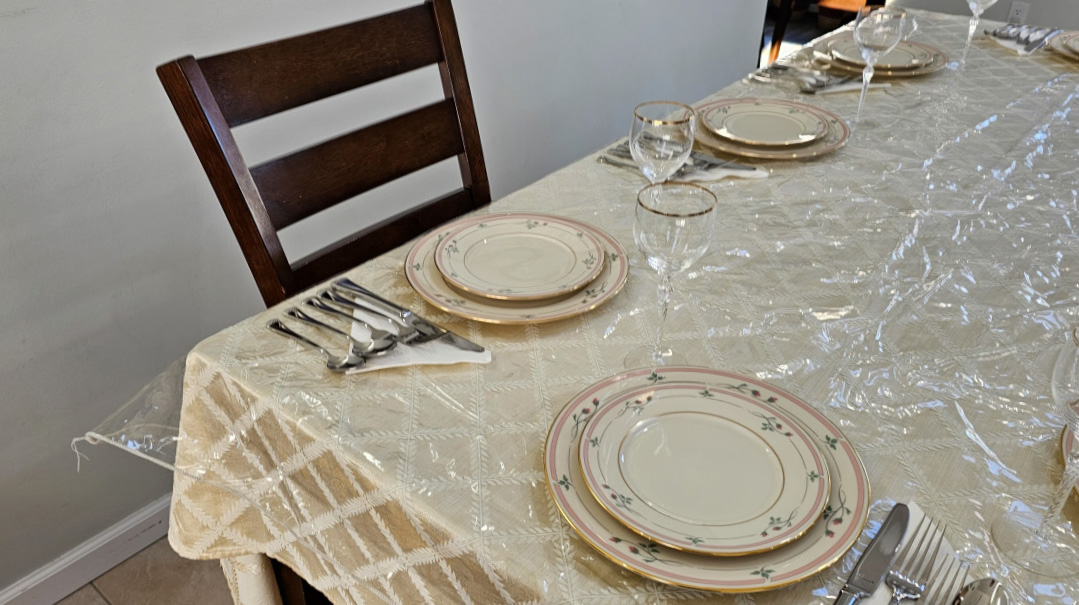Dear Student

“You’re absolutely obligated to call the mother back and tell her your impression,” he informed me
Dear Student,
I just ruined a shidduch for you.
A couple of days ago an old neighbor of mine called to ask me about you. You’d been redt to her son, she knew I teach in the seminary you attended, and she was hoping I could give her information.
Caught off guard, I basically pretended I didn’t know you. “I only taught her once a week, a few years back, and my class is not very interactive,” I excused myself. “Seminary classes are huge, and I don’t get to know most of the girls. I remember her name, and maybe her face, but that’s about it. I can’t tell you anything more.”
The boy’s mother said she understood, and that was the end of the conversation.
Upon hanging up, I felt torn. I hadn’t really told this mother the truth. It’s true that I hardly remember most of my students — I’m a once-a-week teacher, after all, not a mechaneches — but you, I remembered well, because you were disruptive and difficult in class. I rarely have discipline issues, so you stood out in my memory.
But I care about you. I want you to get married. I know you have a good heart, even if your behavior wasn’t stellar. How could I say something, even give a hint that I wasn’t impressed with your behavior, when that would likely spell the end of this shidduch?
Not knowing what to do, I figured I’d say nothing. After all, I wasn’t hiding any objective information. Maybe it was just a dynamic between you and me? Why say something that could cause trouble?
I wasn’t sure I had done the right thing, though, so I decided to call a posek who specializes in shemiras halashon.
“You’re absolutely obligated to call the mother back and tell her your impression,” he informed me. “You shouldn’t give specific details, but if she knows you and trusts you, then you have to tell the truth as you see it. You might be ruining the shidduch, but by doing so you’re protecting the boy. A girl who is disrespectful in class, at the age of 18 or 19, is likely to have trouble in other relationships as well.”
I tried to challenge the verdict. “But it’s just my impression, and I hardly taught her!”
“This is exactly the type of information that’s important in a shidduch,” he replied. “If you know this about her, and someone you know is asking about her, you can’t keep it to yourself.
“But tell the mother,” he added, “that she should make further inquiries, because this is just your impression and the full picture might be different. Maybe she changed a lot in the years since seminary — who knows?”
With a heavy heart, I called back the mother and told her about my conversation with the rav. She was very grateful, and when I urged her to make further inquiries, she agreed to make one more phone call.
I haven’t followed up, but I have little doubt that this shidduch is not going to get off the ground. And I feel really bad about that, because you’re not getting any younger, and I’d love to see you, and all of my students, happily married.
All I can say is, I’m glad that we have hilchos shemiras halashon and rabbanim. Otherwise, whose life would I have put first: yours or the boy whose mother was turning to me for information? Thankfully, we have a Torah that makes it very clear. Painfully clear.
You probably never thought that I, of all people, would be asked to give information about you. And it’s funny, I’ve never been asked for information about any other girl in your seminary class. But by being disruptive in class, you destroyed a potential shidduch.
Because, as I learned from the rav, behavior matters.
I know there’s a shidduch out there for you somewhere, and I’m davening that you should find him soon — once you’ve done the inner work that will help you have the happy marriage you and I both want for you.
Sincerely,
Your Former Teacher Who Cares
(Originally featured in Family First, Issue 699)
Oops! We could not locate your form.








Comments (6)